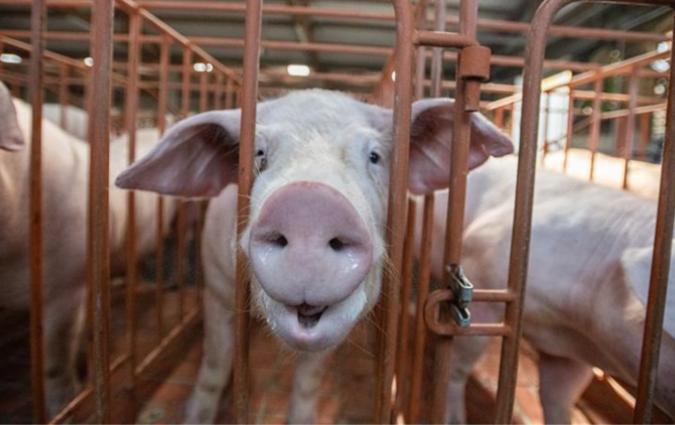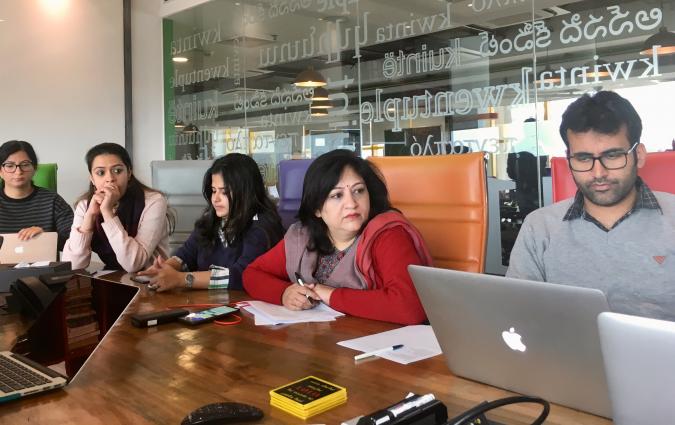The Emergence and Growth of Vernacular Radio in Kenya: A case study of radio having a positive economic impact

Reuters Institute Fellow's Paper
Edwin Okoth, a business journalist at the Daily Nation in Kenya, has examined whether the recent boom in vernacular radio stations in his country has improved the livelihoods of ordinary citizens.
In his research paper, ‘The Emergence and Growth of Vernacular Radio in Kenya: A case study of radio having a postive economic impact', Edwin uses a case study of how one vernacular radio station called Ramogi FM, which broadcasts in the Dholuo language, has grown from a regional to a national reach and is now able to reach Dholuo speakers in the diaspora with online availability.
He concludes that the gradual growth of the vernacular media has had various positive impacts on the household economy of its audiences who have for a long time been excluded from news items, commercial advertisements and other programmes with the potential for positive changes in their economic lives. Partly based on interviews with producers at Radio Ramogi and their listeners, Edwin finds that many of the positive impacts come from the broadcasting of educative programmes related to economics and business, talk shows with accomplished entrepreneurs, and promotions that create cash prizes never accessible previously to this new audience.
Edwin concludes that ‘vernacular radio is pulling these people to the same level as others – from being locked out of crucial information, they are now becoming better citizens able to make informed choices. They are also enabling them to make better economic decisions, expand businesses and generally raise standards of living; but the move is gradual because poor penetration of electricity still means that using dry cells is a new burden to keep the radios on.
As with all Fellows’ research papers, any opinions expressed are those of the author and not of the Institute.





